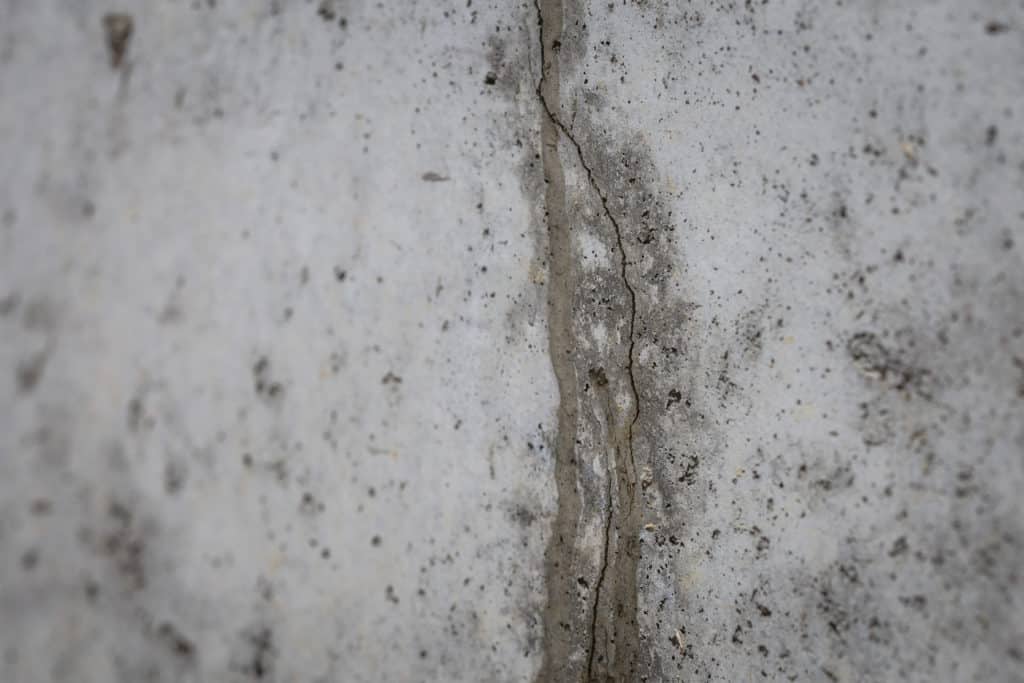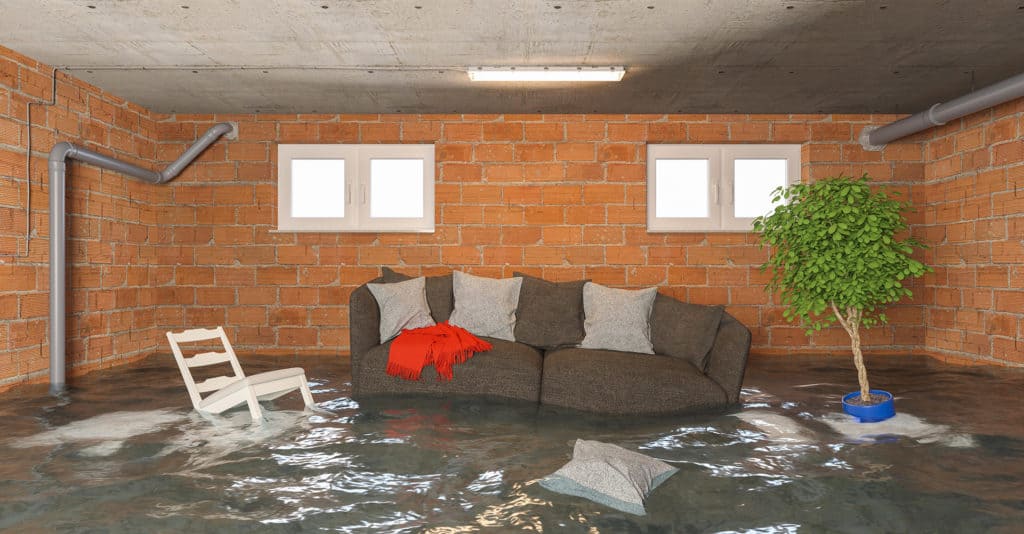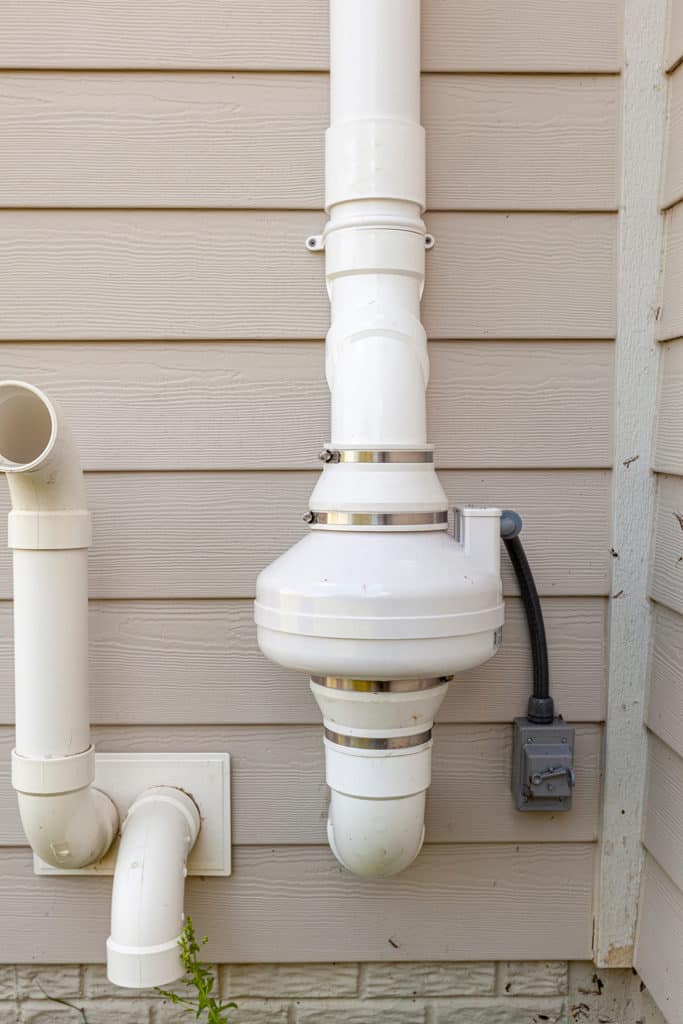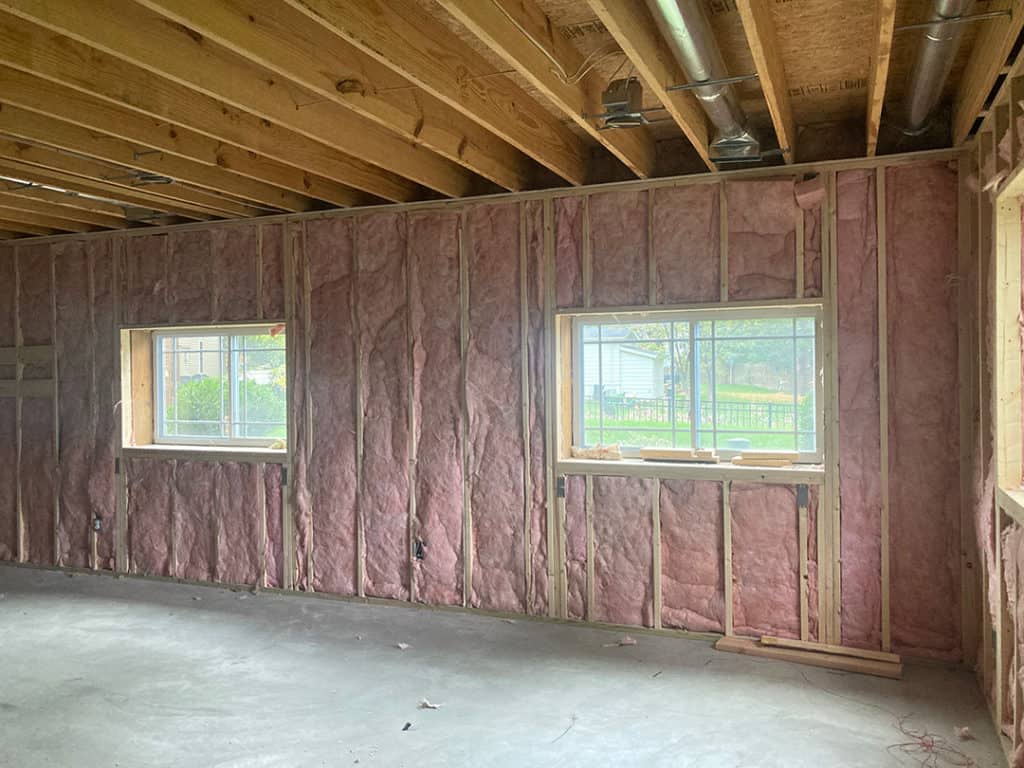Basements take up considerable usable space in your home. Gone are the days of dank basements lined with cobwebs. Many St. Louis homeowners are transforming their basement into living quarters, offices, gyms, and so much more!
Finishing your basement is a great way to maximize your living space and increase the value of your St. Louis house. However, finishing a basement is not always an easy job, and there are some factors you should consider first. Here are the top things to expect when finishing your St. Louis basement!
1. Check Your Foundation
The basement is your greatest resource for determining the quality of your house’s foundation. Before you begin, assess your basement for any signs of leaks or cracked walls.
Look to see if the walls are starting to curve, bulge, or become warped. Feel the concrete to see if it’s becoming soft. Determine if the floors are starting to bow or become cracked. Check to see if doors aren’t latching or if windows are getting stuck.
These defects could all be signs of foundational issues. Many of these problems are expected as the house ages, thanks to settling, stress, or environmental factors. It’s best to be proactive with repairing these issues before they worsen, especially if you are considering finishing your basement.
You can test for a potential foundation problem relatively easily. First, adhere 2-foot squares of plastic sheeting onto the walls and floors. Wait about two weeks, and then check to see if there is moisture on the sheet. If there is, then your foundation might not be sealed properly.
2. Treat Water Issues
Water damage is one of the primary issues that homeowners face in the basement. These issues can be caused by poor roof drainage, overuse of a sprinkler, bad rain seasons, and so much more.
While water damage doesn’t happen overnight, it’s easy to go unnoticed. Finishing your basement is the perfect time to give your pipes, ceiling, and floors a good inspection.
Not only can water damage be dangerous to the foundation, but it can also pose a potential health threat to your family. Stagnant water can become a growing medium for mold, mildew, and other toxic hazards.
Examine your pipes for any leaks. Replace any rusting or damaged pipes before finishing your basement.
Fixing these issues doesn’t mean they won’t happen again in the future. You want to limit these occurrences to preserve your finished basement as best as possible. It is important that you can upgrade your sump pumps. Make sure to get an extra pump and a battery backup for both.
3. Consider Ventilation
Basements are the least properly ventilated part of the house. They’re treated as out-of-sight, out-of-mind. That is until you want to turn the basement into a liveable space.
Houses before 1990 weren’t mandated to have an egress window. You will want to install one if you are going to finish your basement. Not only is this important for ventilation and mold prevention, but it’s also a fire safety precaution.
Not a lot of clean air crosses through the basement. Test the area for radon and carbon monoxide. Also, consider getting a HEPA/carbon filter to ensure all mold, bacteria, and other toxins are filtered and that your family is breathing clean air.
4. Think About the Ceiling
Much like egress windows weren’t always regulated in homes, neither were high basement ceilings. Homeowners could consider raising their ceiling by digging the basement deeper or lifting the house. This process will require a licensed professional.
If you are working with the ceiling you have, what type of ceiling will it be? Keep in mind that you need access to plumbing and electrical lines. So, you might want to consider drop ceiling tiles. You can also opt for drywall as the ceiling, but this material is more likely to flake.
5. Make It Habitable Year Round
If you’re finishing your basement, you should be able to enjoy it all year round. The most effective way to ensure this is with adequate insulation.
Insulation helps with heating and cooling costs; this is especially important in the winter. Basements tend to hold cold temperatures. This feature can make a finished basement unbearable in the winter. Proper insulation allows you to enjoy your living quarters at any time!
The most effective form of insulation is spray foam. This technique allows you to fill any gaps seamlessly. It may cost a little more money upfront, but you will get an excellent return on investment in energy savings.
There are many considerations for finishing your basement. Ask your questions to a reputable contractor in St. Louis, like Mosby Building Arts, so that you can make an educated decision about your basement renovation.







